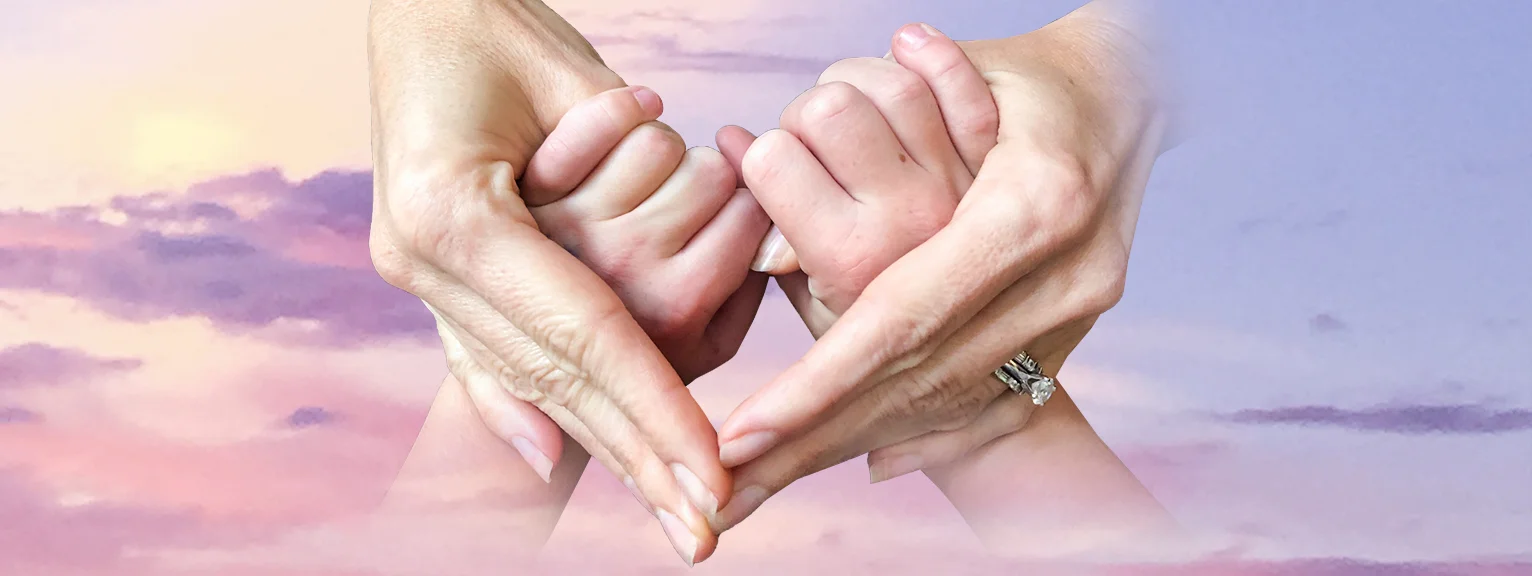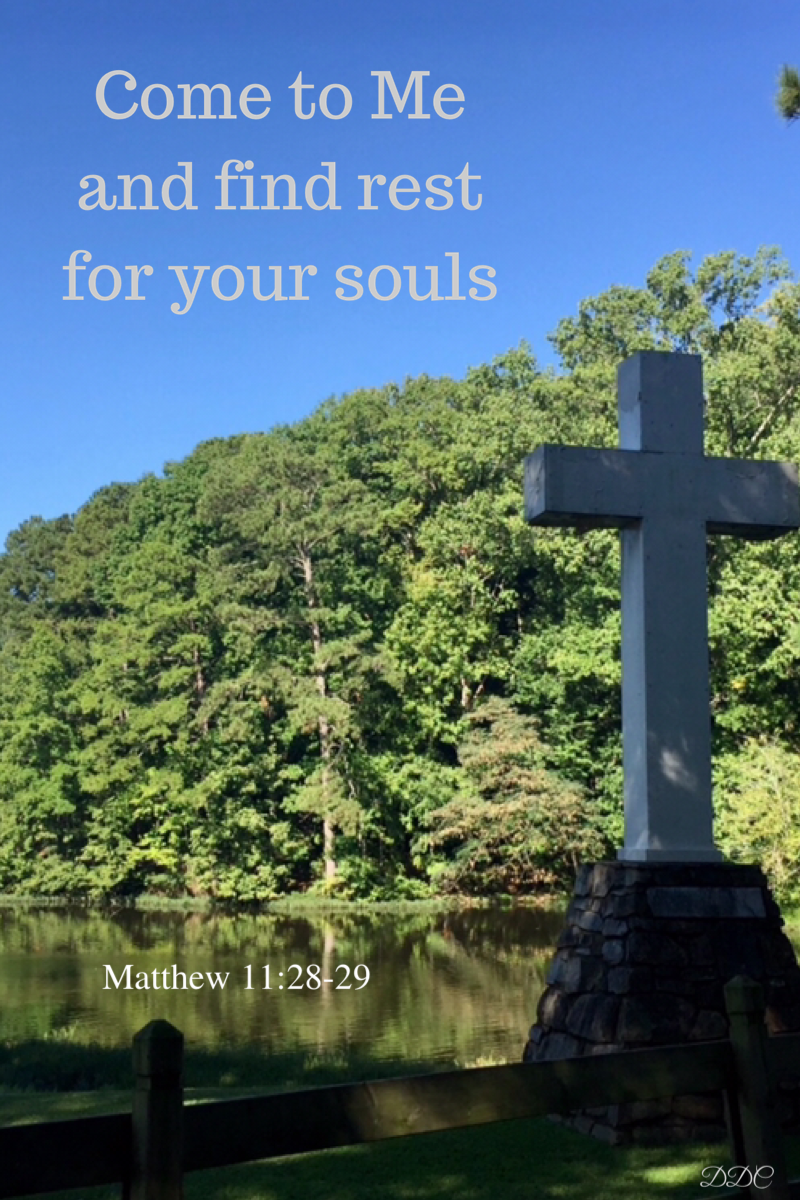Jesus —
our example
How to overturn the tables and turn the other cheek
Jesus entered the temple courts and drove out all who were buying and selling there. He overturned the tables of the money changers and the benches of those selling doves. “It is written,” he said to them, “‘My house will be called a house of prayer, ‘but you are making it ‘a den of robbers.’ ” Matthew 21:12-13 (NIV)
“You have heard that it was said, ‘Eye for eye, and tooth for tooth.’ But I tell you, do not resist an evil person. If anyone slaps you on the right cheek, turn to them the other cheek also.” Matthew 5:38-39 (NIV)
Eye for eye and tooth for tooth—revenge appears to be the norm in our society. If you bear no resemblance to the status quo or hold contrasting beliefs, beware! Retaliation is fair game. All the while faith and morality has been diluted and compromised so as not to offend anyone holding divergent beliefs. What is going on in our society? How have we gotten things so distorted?
God’s ways have always been countercultural to society. Jesus, the Son of God, lived with humanity to exemplify the better way. He taught His disciples to turn the other cheek, to respond to personal harm with humility. But humbly turning the other cheek becomes difficult when pride desires revenge. Human nature habitually contends with God’s ways.
As a result, walking the world’s ways powerfully pulls people astray. Jesus taught His followers to topple the trend of assimilation with the world, choosing rather to be transformed by godly values and virtuous attitudes. Easy to say, difficult to do without God’s help. A benevolent response seems so inopportune when we desire immediate justice. And we presume to advance tolerance when we actually fail to stand against a society that promotes wickedness. These wayward behaviors and ever-changing worldly norms conflict with the steady standards of a righteous God. Our relative truths reign in stark contrast to God’s absolute truth.
I believe the past several years have been a wake up call for believers in Christ. When churches were forced to close, it prevented in-person gathering of believers to worship together and support each other. Of course there were online church services for families at home, but let’s be honest. How many people were really listening while sitting in their pajamas with a cup of coffee? The years of Covid have definitely revealed the decline of Christianity. The American church has become lukewarm, allowing secular beliefs to make inroads through the doors of churches as well as the hearts of believers. Hence the church has acquiesced to moral decay.
“The American church has become lukewarm, allowing secular beliefs to make inroads through the doors of churches as well as the hearts of believers. Hence the church has acquiesced to moral decay. ”
What would Jesus do? He would turn things upside down. Jesus’ prayerful relationship with His Heavenly Father kept Him focused on God’s ways. So when He entered the temple in Jerusalem and saw irreverence, He took action. He cleared the temple by upending the money changers’ tables, driving out those who were buying and selling doves and merchandise in the temple courts. He declared the temple had become a den of robbers instead of being a house of prayer for all nations (Matthew 21, Mark 11).
Before and after cleansing the temple, Jesus utilized a fig tree to explain the spiritual condition of the people of Israel. He walked up to an exceptionally leafy fig tree, expecting to find some fruit to eat. Even though the tree possessed many leaves, it had yielded no fruit. Jesus then declared it to never produce fruit again (Mark 11:12-14, 20-22). Why?
“You will know them by their fruit,” Jesus had spoken earlier while teaching on a mountain. Fruit symbolizes productivity, well-earned harvest. The leafy fig tree with no figs symbolized Israel’s spiritual barrenness. They had been practicing a form of religion and saying all the right words, but their hearts were far from God. And they had turned their house of prayer into a marketplace. Is the American church in the same condition as Israel was? Have we allowed society to weaken our measure of faith in an Almighty God? What if we followed Jesus’ example of speaking out in righteous anger?
As Jesus followers, we must be aware of the fine line between righteous anger and submissive humility. When do we act and when do we humbly submit? When do we stand firm in an uncompromising way and when do we quietly yield to those in authority? Observing Jesus’ life in Scripture can help us discover the answer.
It is perplexing to believe that the same man who overturned the moneychangers’ tables would turn the other cheek to the ones who beat and crucified Him. Shouldn’t He have fought back? Isn’t that what we would have done?
Jesus lived to do the business of His Father. It’s why He cleansed the temple that was supposed to be a house of prayer. It’s also why He humbled Himself before God His Father and became obedient, even to death. He took no revenge. He sought no payback. Instead He willingly yielded to authority. His submission was not a sign of weakness but one of disciplined strength, enabling Him to trust His Heavenly Father who judges all people with justice.
In a world seemingly gone mad, humble people seem to be a rare find. Yet during the riotous summer of the pandemic, a news story about a black female shop owner standing outside her decimated store exemplified humility. Her life seemed to be in shambles and she was in tears. She had worked hard all her life only to watch her livelihood destroyed in minutes by those that looked like her. Amazingly she wanted no revenge, but simply desired that the people who wrecked her life discover the error of their ways. Only God can soften a heart to reject evil for evil, and instead offer blessings over offenders. It’s what humble submissiveness is all about.
How can we know whether to humbly submit or to speak out against the wrongs of mankind? A prayerful relationship with God will equip us to discern our reactions. Then we’ll know whether to turn the other cheek or overturn the societal trends in our world.
If we view all people as image bearers of a mighty Creator God, we can learn to honor and respect them no matter what. Responding with a quiet and gentle nature to human institutions, earthly rulers, bosses at work, marriage partners, and even our enemies will steer us away from wrongdoing. And turning the other cheek will demonstrate a complete trust in the God who judges justly. Jesus exhibited the better way to live as He silently stood before His executioners.
We can’t allow our worldly understanding of kindness or tolerance to be equated to biblical morality. Jesus willingly died for the sinners of this world. Will we speak out against the sins in this world? Jesus knew when to turn the other cheek and when to overturn the tables. He displayed a principled life to an immoral world. When we follow His example of biblical morality, we will stand up for the virtue of our righteous God.










